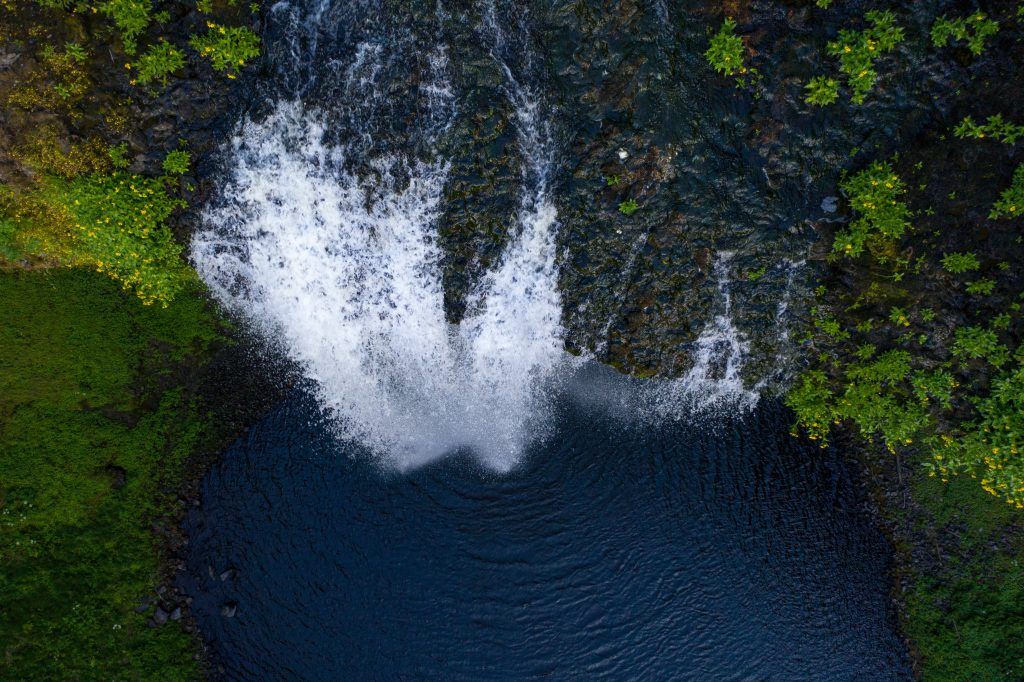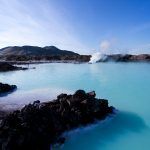Expected Outcome
In line with the European Green Deal objectives, the farm to fork strategy for a fair healthy and environmentally friendly food system, the EU bioeconomy strategy and blue growth strategy, the successful proposal will support freshwater aquaculture products/processes and/or environmental services sustaining the health of freshwater ecosystems and their bioeconomy sectors.
Project results are expected to contribute to all of the following expected outcomes:
- Improvement of the environmental footprint and resource efficiency of freshwater aquaculture and stimulation of its diversification and growth in the framework of an integrated freshwater bioeconomy strategy.
- Preservation of freshwater biodiversity by reducing the freshwater aquaculture impacts (e.g. with appropriate spatial planning) and assessment of its potential for biotechnological applications
- Stimulation of sustainable economic growth and jobs creation in the freshwater bioeconomy sector for people living in lakeside and riverside areas in Europe.
- Improvement of the professional skills and competences of those working and being trained to work within the blue economy.
Scope
Freshwater systems host an immense biodiversity and support a multitude of activities providing livelihoods to inland populations. Lakes, ponds and rivers require a transition to more sustainable and environment-friendly productive ecosystems through optimal water management and planning, mutually benefiting the different ecosystem services by developing economic activities in rural areas, maintaining the biodiversity, and increasing resilience to climate change and water crises.
Aquaculture, in particular integrated multi-trophic or recirculating aquaculture systems, can be key for the development of lakeside and riverside areas as it can be combined with other bio-based activities, such as farming, livestock and the use of hitherto unused naturally produced biomass. Addressing environmental concerns, such as the requirements of the Water Framework Directive and the Habitats Directive, are essential for sustainable growth of freshwater aquaculture. Preserving biodiversity, including health and biosecurity issues, is also key for potential biotechnological applications that should also be explored under this topic.
The Strategic Working Group on Fisheries and Aquaculture (SCAR-Fish) of the Standing Committee on Agricultural Research (SCAR) highlighted in a recent study[1] several issues that urgently need to be explored by research and addressed by innovation, such as climate change-related issues and issues of profitability. Research in this topic should consider the priorities of the SCAR-Fish study.
Strong and active involvement of stakeholders and end-users, including industry and NGOs, in a co-creation approach, is key for the success of the projects that will be selected.
International co-operation with partners from non-associated third countries is strongly encouraged as a win-win scenario, while contributing to the European competitiveness and resilience.
Where relevant, proposals may seek synergies and capitalise on the results of projects funded under Horizon 2020, Horizon Europe, European Maritime and Fisheries Fund, its continuation European Maritime, Fisheries and Aquaculture Fund, and other funding streams.
Deadline
15 February 2022







Leave a Reply